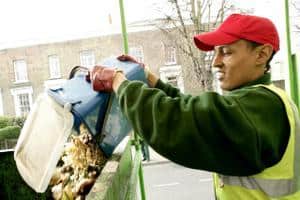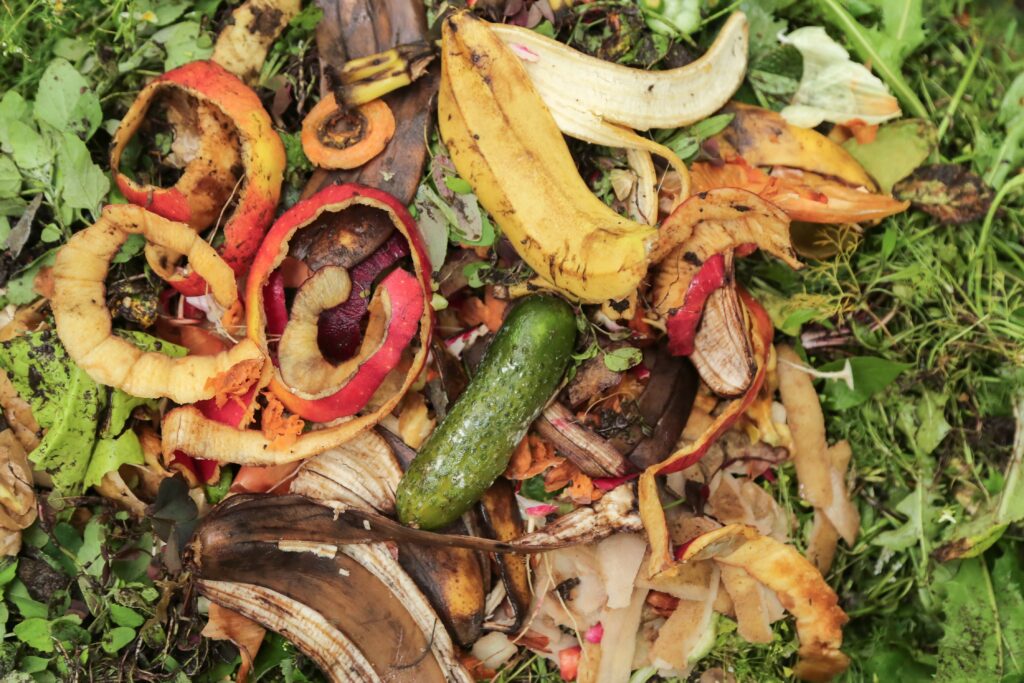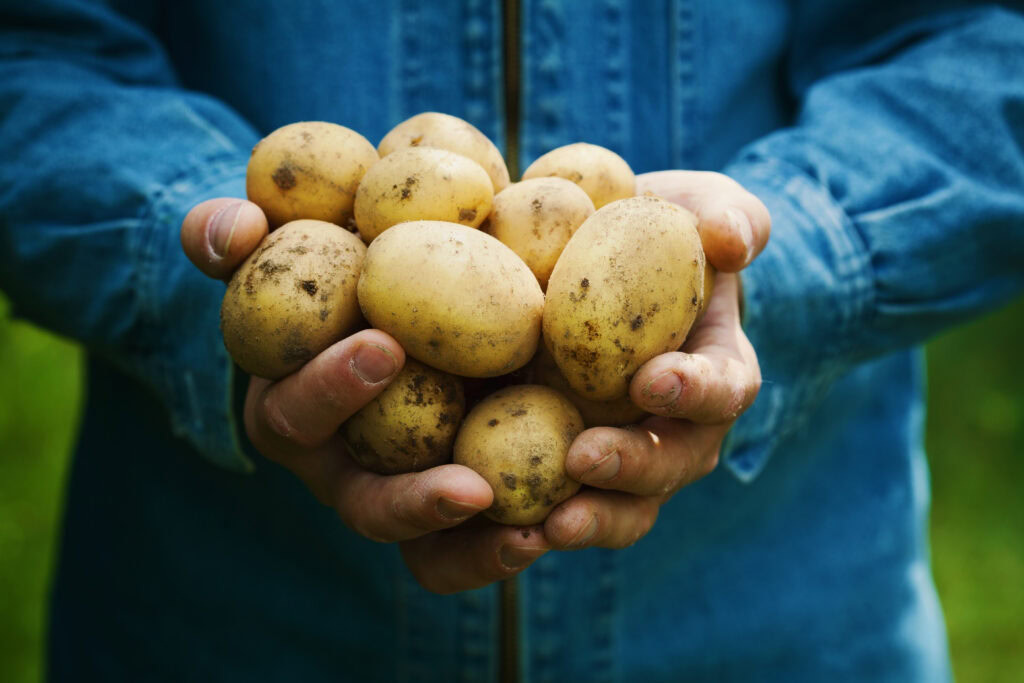Councils are being urged to improve the quality of biowaste they collect or risk it not counting towards their recycling figures.
The Association for Organics Recycling (AfOR) has issued two calls for action emphasising the need for councils to think about what they are sending for composting and to anaerobic digestion facilities.

As well as a general call for them to improve quality, it is also urging local authorities not to collect biowaste commingled with paper and card.
According to AfOR, the quality of source-segregated biodegradable waste delivered to composting and anaerobic digestion sites is imperative to secure the production of high quality composts compliant with the PAS 100 specification and high quality digestates compliant with the PAS 110 specification.
But, it says that the presence of physical contaminants such as plastics, metals, glass and sharps can significantly undermine the quality of composts and digestates and their acceptability to end markets. Farm assurance schemes, food retailers and growing media manufacturers all have very high quality requirements, it claims.
This is of a concern, according to the association, because the Scottish and Welsh devolved governments have already announced that waste materials that are sent to composting and AD plants non-compliant with PAS 100 and PAS 110 will not be considered as recycled in the household waste recycling performance figures.
AfOR says that Defra has also indicated it will take the same approach in the near future, with composting only classed as recycling in the waste hierarchy in the recently-published Waste Review if compliant with the Quality Protocol.
Costs
In addition to this, AfOR found in a recent survey that removing the physical contaminants from feedstocks delivered to composting facilities costs organics recyclers an estimated 15.6 to 78 million per year, while landfilling the process rejects costs an additional 12.8 to 19.1 million a year.
As a result, in its first call for action AfOR urges councils to:
- Improve the educational materials and messages that are made available to householders;
- Communicate with composting and digestion operators and define clearly their input specification in order to achieve the quality of output required by the site;
- Introduce compostable/home compostable liners in collection bags instead of plastic bags;
- Educate biowaste collection crews through visits to composting and digestion sites;
- Take actions to change the behaviour of those householders who do not follow the local authoritys instructions.
Paper and card
Meanwhile, AfORs second call for action concerns the collection of biowaste commingled with paper and card.
AfOR says that such collections are very likely to include contaminants such as plastic films, staples and adhesives which compromise the quality of the finished compost. Plastic-coated paper and card and items such as milk and juice cartons, frozen food containers, glossy magazines and cereal boxes are also often added to the mix, which AfOR says cause problems.
It states: These types are NOT suitable for composting, unless independently certified as compostable in accordance with the British and European standards for compostable packaging and plastics, respectively EN 13432 and EN 14995, or equivalent standards.
As a result, AfOR warns that councils which include these types of paper and cardboard in their biowaste collections may cause their contracted composting operators to fail to achieve certification to PAS 100.
The organisation said: AfORs position is that, whenever possible, paper and cardboard wastes should not be commingled with biowaste and sent to composting.
Pointing to the fact that recycled paper and cardboard has currently a selling value of between 88 and 260 a tonne it added: Recycling should be the highest and best use for paper and cardboard wastes.
If composting paper and cardboard cannot be avoided, the association said that any non-compostable plastic-coated paper and cardboard products should be excluded from collections, in a move clearly communicated to householders.
Jeremy Jacobs, managing director of AfOR, said: AfOR recognises the importance of quality feedstocks to underpin high quality outputs which will in turn promote consumer confidence.
“This call to action seeks the support of local authorities which are instrumental and critical in delivering quality inputs to organic recycling facilities through targeted communications with householders.






Subscribe for free